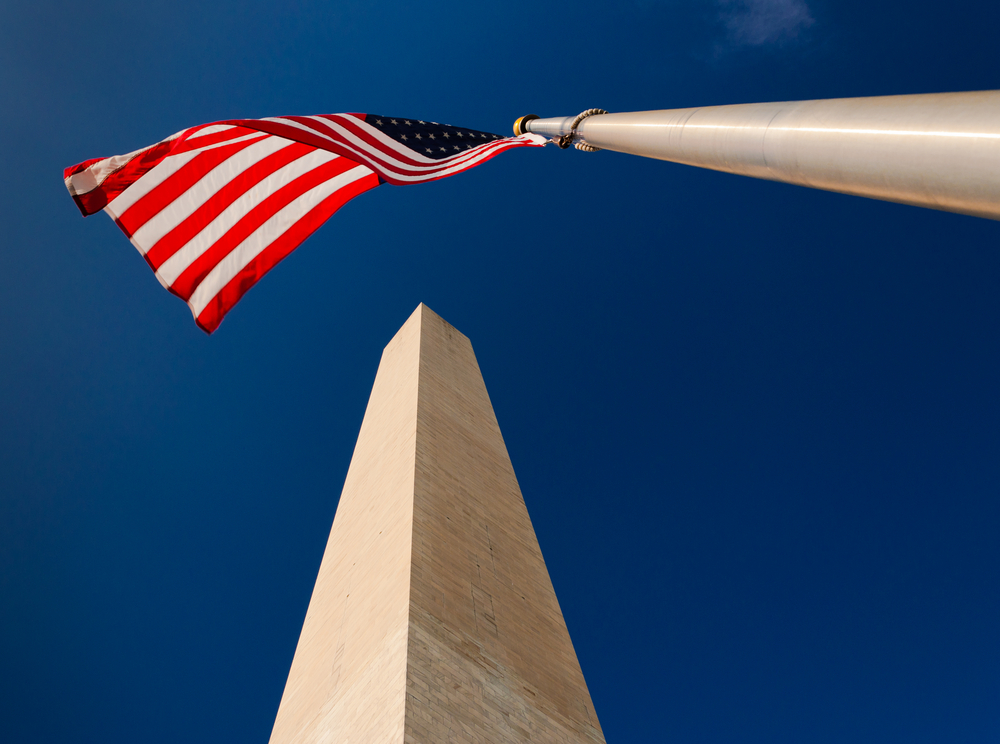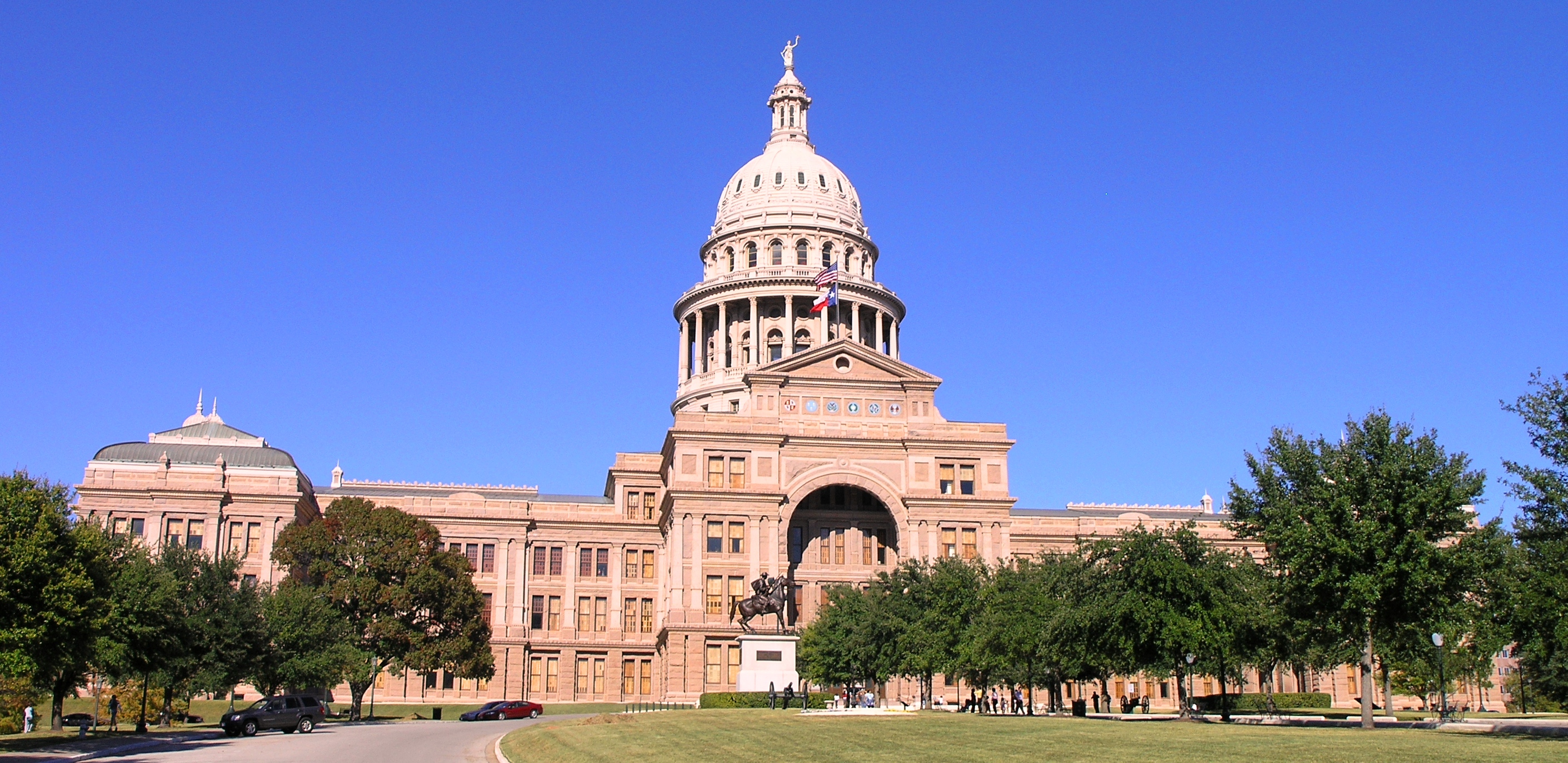A coalition of more than 150 retirement savings plan sponsors and their allies in the retirement savings community is asking both Congress and the Treasury Department for a delay in the 2024 effective date of the SECURE 2.0 rule that requires individuals earning more than $145,000/year to make their retirement plan catch-up contributions on a Roth basis.
The request is for a two-year delay in the rule’s effective date—SECURE 2.0 as enacted makes the rule effective as of 2024—due to the difficulty of amending systems and plans to accommodate the rule. Failure to provide (or announce provision) of this “transition relief,” the plans sponsors and others in the retirement community say, risks elimination of all catch-up contributions for 2024.
The group wrote to the leaders of Congress’ tax-writing committees (and are lobbying Treasury) saying that “unless transition relief is granted as soon as possible, many retirement plan participants will lose the ability to make catch-up contributions at the end of this year.” The problem, they say, is that “systems do not exist—and certainly cannot be built in 2023—to instantly coordinate payroll systems (which determine who earned over $145,000 in the prior year) with plan recordkeeper systems that must ensure compliance with the new catch-up rule.” The plan sponsors also point out that there are other timing challenges, including the need for many plans to add a Roth feature and communicate that feature to participants.
In short, plan sponsors say, “unless this requirement is delayed very quickly (i.e., this summer) their only means of compliance will be to eliminate
A second letter making the same request is being organized by the Chamber of Commerce for Treasury and IRS officials. NAIFA has signed onto both letters.
The retirement savings community points out its belief that Treasury has the authority to announce a delay in the effective date without legislative action, although legislative action would be “ideal.” “For example,” the coalition says, “the issue could be addressed simply by an announcement that the IRS will not seek taxes, interest, penalties, or any other sanctions from any party by reason of noncompliance with the new Roth catch-up contribution rule prior to January 1, 2026. There are many precedents for such action.”
Prospects: Relevant Hill personnel think legislation to correct this problem is virtually impossible by the end of the third quarter, and point out that even if a path forward to write into law a delay in the effective date of the Roth catch-up rule could be found, it would come at a cost. The Roth catch-up rule is part of how the SECURE 2.0 package was paid for, and the cost of delaying its effective date would have to offset. Committee staffers have requested a revenue estimate on the cost of a two-year delay in the effective date, but as yet they have not received it. It is as yet unknown whether Treasury will announce an intention to refrain from enforcing the effective date by the end of the third quarter. Agency personnel are looking into the issue, but as yet have not signaled their conclusion.
NAIFA Staff Contact: Jayne Fitzgerald – Director – Government Relations, at jfitzgerald@naifa.org.






.png?width=600&height=90&name=Support%20IFAPAC%20%20(600%20%C3%97%2090%20px).png)
